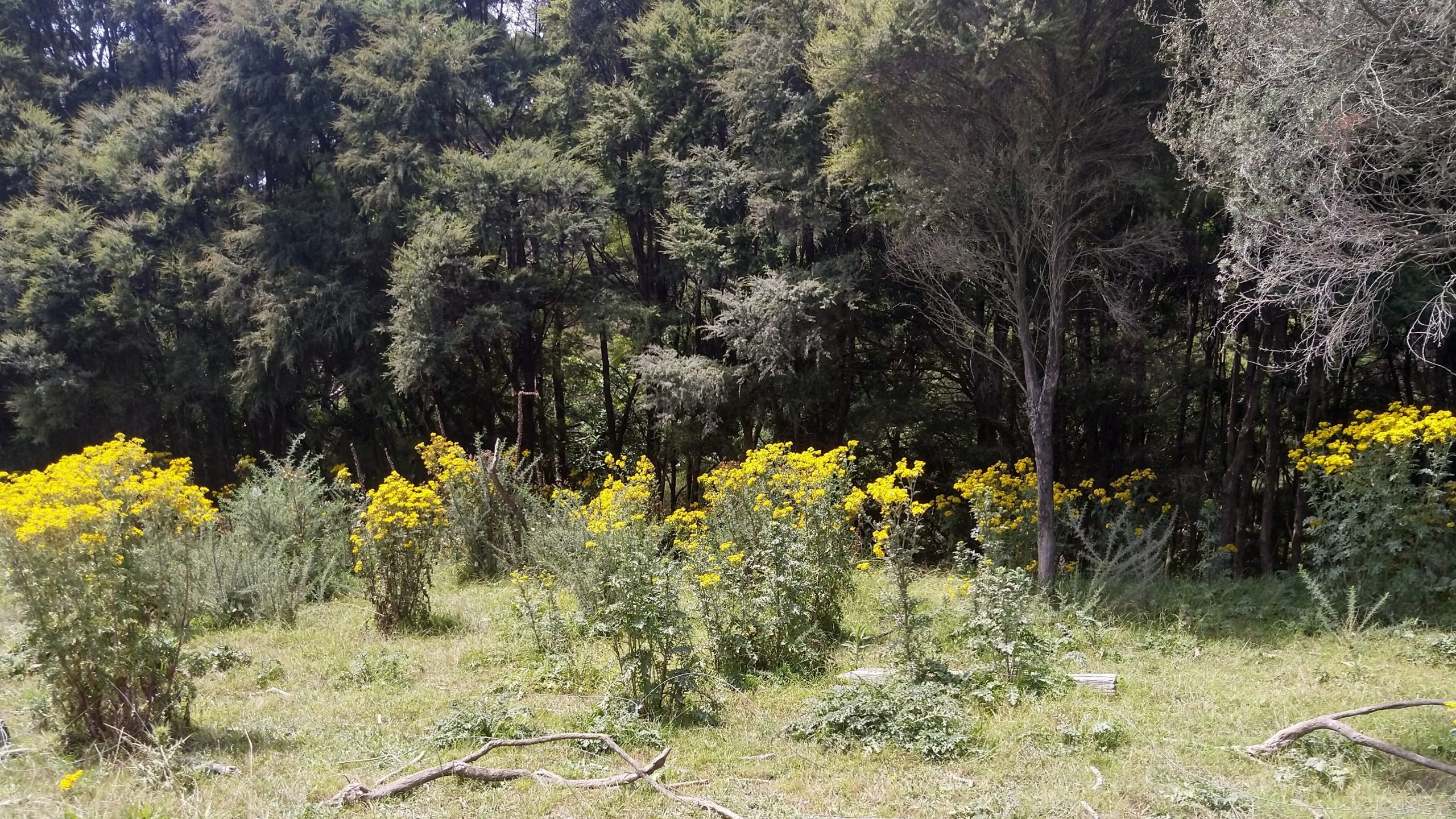
Project Details
Project Overview
This project investigates non-native plant invasions in native forests and shrublands across Aotearoa New Zealand. The research project is based on data from vegetation plots surveyed from 2009 to 2014. The initial research utilised 247 mānuka-kānuka plots and the current research uses 839 forest plots. Laureline studied non-native species richness and ground cover in relation to vegetation structure, landscape features, and climate as well as forest type.
Findings revealed that mānuka-kānuka shrublands are more invaded than other native forests. Higher native canopy richness and cover led to lower non-native richness and ground cover. However, some non-native woody species can still spread in the invaded plots despite a closed canopy. Non-native richness and ground cover increased with adjacent anthropogenic land cover, whereas native richness and ground cover showed a negative relationship.
Why This Matters
This research has added to the growing understanding of exotic plant invasions in Aotearoa New Zealand and underscored the susceptibility of mānuka-kānuka shrublands to such invasions. This awareness is crucial for informing potential weed management initiatives in the future.
Project Objectives
- Understand the key factors influencing plant invasion success in mānuka-kānuka shrublands
- Identify native forest and shrubland ecosystems more vulnerable to plant invasions.
- Characterise the successful non-native plant invaders.


